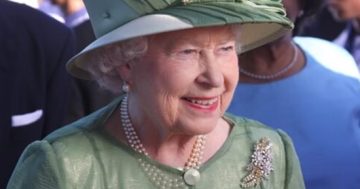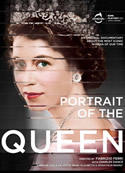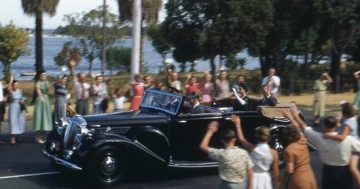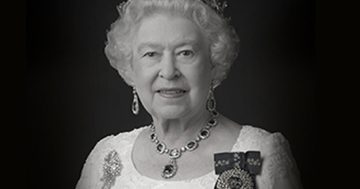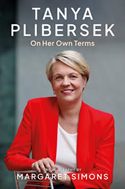Stéphanie Fillion* reflects on the impact that Queen Elizabeth made for women.
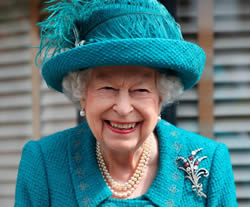 Queen Elizabeth II, who died at age 96, was the longest-reigning woman in history and a role model for many female leaders.
Queen Elizabeth II, who died at age 96, was the longest-reigning woman in history and a role model for many female leaders.
Her work and approach to the role has already influenced many women in politics, and some of them shared how she has inspired their work throughout the years.
A feminist?
The actress Olivia Coleman, who portrayed the queen in the popular Netflix NFLX +1.3 per cent series The Crown, said Elizabeth II was the ‘”ultimate feminist,” who was “no shrinking violet.”
Coleman’s statement sparked a debate in the UK and outside about whether the queen actually is a feminist.
Her largely symbolic role and careful avoidance of politics may make it hard to point to specific advancements for women she helped guarantee.
“Because she was so apolitical, it’s hard to point out specific things that she stood for, especially for women,” said Kim Campbell, a former prime minister of Canada and the first and only woman to ever lead that country.
Leading by example, can still be powerful, “and every time women or nontraditional people do something that’s that important and visible, it changes our sense of who gets those jobs,” Campbell said.
In a speech to open the Commonwealth Heads of Governments Meeting in 2011, the queen said that the theme of the event, Women as Agents of Change, “reminds us of the potential in our societies that is yet to be fully unlocked, and it encourages us to find ways to allow girls and women to play their full part.”
That speech was, considering her neutral approach, perceived as significant support for gender equality.
In 2013, she gave royal assent to the Succession To The Crown Act, which enshrined an equal right to the throne to both sons and daughters.
A unique style of leadership
The queen’s commitment and dedication to her own job, paved the way for other women to dedicate themselves fully to their careers.
‘’She was very, very hardworking, and at the same time, she was also a mother,” Campbell, who currently serves on the Club de Madrid, a non-profit, said.
“And she does show women can do these things.
“And I think that she was one of those people who were used to people saying, ‘Well, women can’t do these things,’ but she did it and what is often a very difficult job.’’
The queen swore in 15 British prime ministers, three of them women, including Liz Truss only a few days before the queen died.
According to Helen Clark, a former prime minister of New Zealand, who met the queen several times, Elizabeth II’s last acts as sovereign say a lot about her leadership style.
“She said, ‘I will serve until the day I die,’ and she literally did,” Clark told New Zealand media.
The century of women leaders in the uk
The United Kingdom elected Margaret Thatcher its first female prime minister during the queen’s reign in 1979.
Thatcher, known as the Iron Lady, eventually became the longest-serving British prime minister of the 20th Century – making two women the country’s longest-serving political figures of the century.
The country elected two more female prime ministers: Theresa May from 2016-2019, and Truss earlier this month.
Clark believes the queen’s leadership will influence women for generations: “She exemplified dignity in leadership by a woman and I think we may underestimate that type of impact that she had on our lives.”
Queen Elizabeth II was not the first woman to take the throne.
“There have been many monarchs in Great Britain and it’s interesting that three of the longest-reigning but most impactful were women,’’ Campbell said.
Queen Elizabeth I ruled from 1558-1603 and Queen Victoria’s reign lasted from 1837-1901.
“But Elizabeth II is, perhaps, of those three queens, the most fully evolved constitutional monarchy in the sense of having the least power and having to be the most constrained in her views, and I think that she has managed that very skillfully and for 70 years.’’
According to Campbell, the Queen’s awareness of her role in the U.K.
and the Commonwealth is what made her successful: ‘’I think that part of it is knowing when to step back and that Britain has lost power,”’ she said.
“She has never been an advocate of British power, that’s not the point of the role, but she’s always been willing to be where it was appropriate for her to be and as Britain’s role in the world changed between very committed to keeping the Commonwealth together.’’
*Stéphanie Fillion is a French-Canadian reporter specializing in foreign affairs based at the United Nations, where she writes for PassBlueand host UN-Scripted, a podcast on the UN.
This article first appeared at forbes.com.


